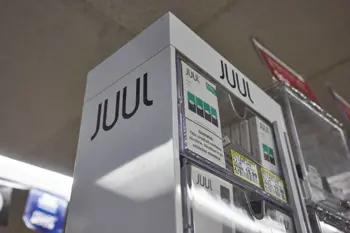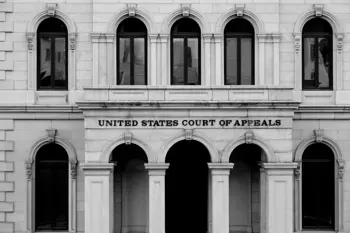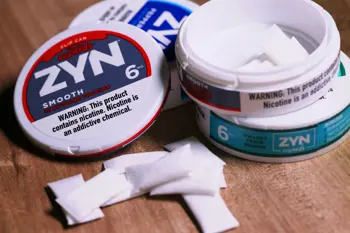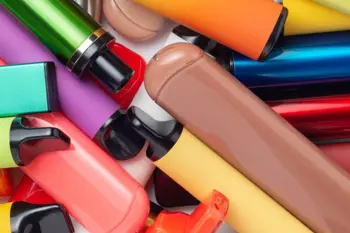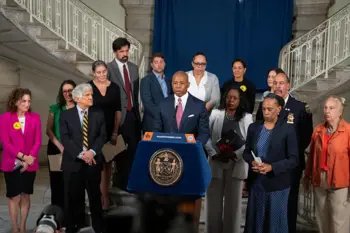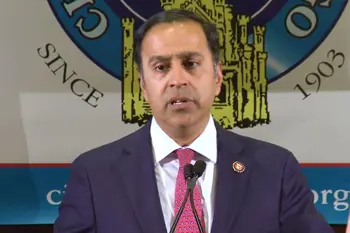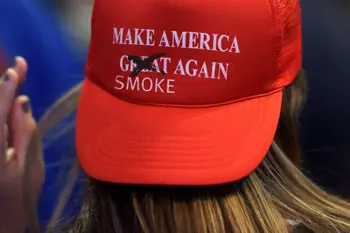The FDA has denied a request from Rep. Raja Krishnamoorthi to temporarily ban vaping products during a regulatory deadline delay caused by the coronavirus crisis. The Illinois Democrat, chairman of the House Economic and Consumer Policy subcommittee, made the demand in an April 1 letter to FDA Commissioner Stephen Hahn.
In late March, the FDA requested that a federal court allow the agency to grant vaping manufacturers a four-month postponement of the deadline to submit Premarket Tobacco Applications (PMTAs), delaying the date until Sept. 9. The judge who originally set the May 12 PMTA deadline has indicated he will grant the delay once an appeals court remands the case back to him for that purpose. A decision from the appeals court could come any day.
Rep. Krishnamoorthi asked the FDA for a total vaping product ban during the four-month delay, claiming that e-cigarette use increases a user's chance of developing serious complications from the coronavirus. The evidence for his belief is paper thin, and based entirely on studies of mice and cultured cells. But poor evidence hasn’t stopped anti-vaping crusaders from aggressively promoting unproven claims.
The FDA not only denied Krishnamoorthi’s request, but also told the subcommittee that it would not suspend potential PMTA approvals during the pandemic, according to an Oversight Committee press release.
“FDA has rejected the Subcommittee’s call to clear the market of all e-cigarettes during the coronavirus crisis despite e-cigarettes’ potential to create worse coronavirus outcomes,” said the press release. “FDA relayed that it had not even discussed this option.”
The FDA also explained to the subcommittee that it would temporarily suspend retail compliance enforcement during the coronavirus epidemic. That decision—made for obvious safety reasons during the virus outbreak—was misrepresented in a tweet from the Democratic-controlled Oversight Committee as “abandoning an already long-delayed partial ban of flavored” pod- and cartridge-based vaping products.
The news came just two days after the FDA modified its position on vaping and COVID-19, the disease caused by the new pandemic coronavirus. “E-cigarette use can expose the lungs to toxic chemicals, but whether those exposures increase the risk of Covid-19 is not known,” the agency told Bloomberg News. A March email statement to Bloomberg News from an FDA spokesman indicated more certainty about the risks of vaping and COVID-19.
The earlier FDA comment prompted a letter of complaint from Iowa Attorney General Tom Miller, and a group of scientists, health policy experts and harm reduction advocates. Miller and colleagues reminded the agency that discouraging vaping would lead many people back to smoking, and that smoking poses proven dangers to the immune system and vital organs.
“If the FDA is able to provide candid and clear advice that puts the health of millions of Americans first,” wrote Miller, “and this is based on sound behavioral and biomedical insights, then it should do so, and we would welcome the agency’s contribution. If, however, its communications are arbitrary and ill-conceived, spreading fear and confusion with little scientific basis and with unpredictable consequences, then it would be better if FDA and its media spokespeople did not comment further at this time.”
